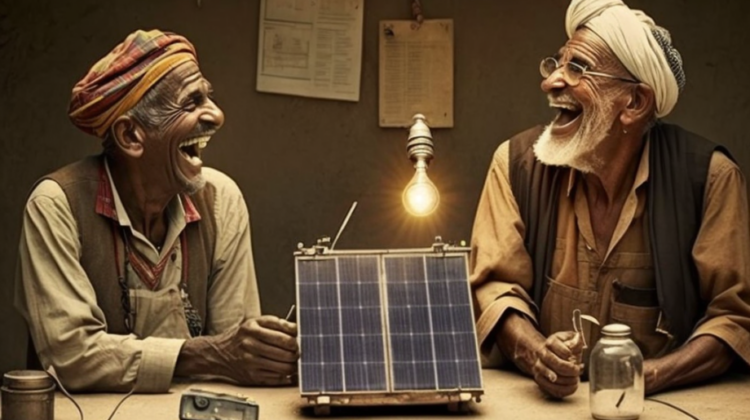
Solar energy has recently emerged as a vital renewable energy source, offering several benefits to rural areas. The availability of abundant sunlight in rural areas has paved the way for developing solar energy projects in remote locations. However, despite the potential benefits of solar energy, there are several challenges to its implementation in rural areas.
One of the significant challenges facing the implementation of solar energy in rural areas is the need for more infrastructure. Most rural areas need more infrastructure, such as roads, electricity, and telecommunication networks, to facilitate the implementation of solar energy projects. With the appropriate infrastructure, it can be easier to transport solar panels and other equipment needed to set up a solar energy project. This lack of infrastructure can significantly increase the cost of setting up solar energy projects in rural areas.
Another challenge facing the implementation of solar energy in rural areas is the need for more technical know-how. Most rural communities need technical knowledge to build and maintain a solar energy project. The installation and maintenance of solar panels require specialized skills and knowledge, which may not be available in rural communities. Additionally, the lack of access to technical support can lead to poor maintenance of solar panels and result in the project’s failure.
The availability of funds is another challenge facing implementing solar energy projects in rural areas. Most rural communities need more financial resources, making it challenging to finance solar energy projects. The high cost of solar panels and other equipment required for setting up a solar energy project can be a significant barrier to entry for rural communities.
Despite the challenges facing the implementation of solar energy in rural areas, several opportunities can be exploited. One of the significant opportunities for solar energy in rural areas is the availability of abundant sunlight. Rural areas often have clear skies and uninterrupted sunshine, making them ideal locations for solar energy projects. The availability of abundant sunlight can significantly increase the efficiency and productivity of solar energy projects in rural areas.
Another opportunity for solar energy in rural areas is the potential for job creation. Solar energy projects in rural areas can create employment opportunities for local communities. The installation and maintenance of solar panels require specialized skills, which can be provided through training and capacity-building programs. This can lead to creating jobs in rural communities, providing a source of income, and improving the standard of living.
Implementing solar energy projects in rural areas can also lead to increased access to electricity. Most rural communities lack access to reliable and affordable electricity, which can be a significant barrier to economic development. Solar energy projects in rural areas can provide a reliable electricity source, improving living standards and stimulating economic growth.
Implementing solar energy projects in rural areas presents several challenges, including the need for more infrastructure, technical know-how, and availability of funds. However, the availability of abundant sunlight, the potential for job creation, and increased access to an electricity provide significant opportunities to exploit. Governments and other stakeholders must provide the necessary support to address the challenges and exploit the opportunities solar energy presents in rural areas. This will help improve the standard of living of rural communities and stimulate economic growth in these regions.